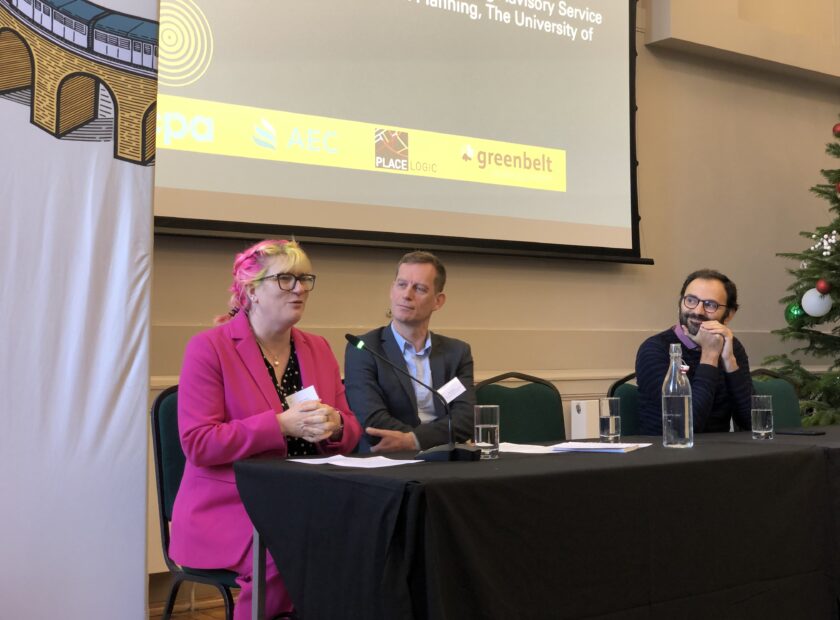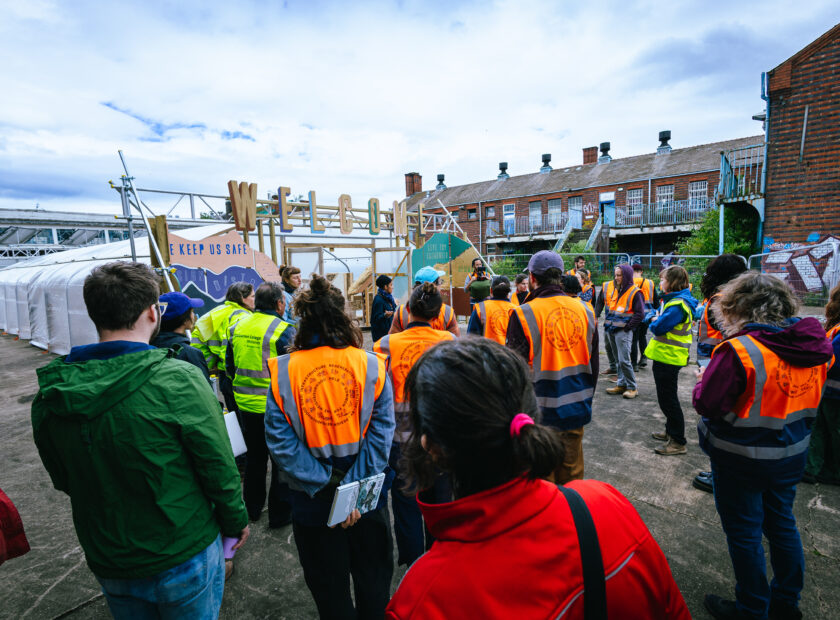Don’t let the Cumbrian coal mine disaster define our response to the climate crisis
I cannot be alone in feeling a sense of complete despair at the Secretary of State’s decision to approve a new coal mine in Cumbria. Approving the extraction of coal for export in the middle of a climate crisis is incomprehensible. The decision makes the already demanding job of meeting our climate targets much more difficult but the wider political message it sends to decision makers across the UK and internationally is almost more damaging.
That message is very clear. This government does not take climate change seriously. It has no genuine intention of meeting our climate obligations because when it comes to actual decisions over fossil fuel extraction it chooses political expediency over planetary survival.
One might add that this decision shows no care for the thousands of communities who have little or no prospect of a sustainable future in the face of climate impacts – such as sea level rise – which are directly driven by fossil fuel extraction. It is a decision which is both illogical and immoral if by morality we mean some kind of regard for the fate of future generations.
It is the second flawed decision this year relating to climate change by the Planning Inspectorate which is rapidly building a reputation for consistently failing to give weight to the necessity of radical carbon reduction. In this case they weighed the known impacts of coal extraction on carbon emissions with a hunch that this fuel would replace imported sources for the steel industry. This was the weakest of speculations and in no way a safe basis for approval.
But the question for all of us outside Government is how are we going to respond to this set back? For the last decade national Government has failed to provide any innovation in national planning policy on climate mitigation. From holding the door open for coal to banning onshore wind it has consistently made the wrong policy decisions. Instead, the burden of technical innovation has shifted decisively to local government, NGOs, technical bodies and parts of the private sector.
The TCPA/RTPI climate guide, which is currently being updated, is essentially offering the sector the national policy which the Department for Levelling Up refused to produce. Now that central government has lost any moral authority over planning for the climate crisis it is time for us to redouble our efforts to drive the Net Zero revolution from the bottom up.
Ebenezer Howard was fond of saying that if you waited for Government to act you would be as old as methuselah. The answer is for whole of the planning sector to ignore the moral and policy vacuum in Whitehall and crack on with practical actions necessary to slash emissions and make our communities resilient. How we respond to the Cumbria decision is the defining moment of all our careers.
So, use all the updated policy and legal advice the sector has to offer, search out the best practice from Cornwall to Norwich, mobilise the groundswell of community voices which are demanding change. Look for energy innovation which can secure our future, drive an explosion of locally-owned energy generation and transform the cost-of-living crisis. Every decision we make matters for our collective future. We can afford a brief moment of anger about the Cumbrian decision but tomorrow we start afresh to give this nation the zero-carbon future vital to our survival.
As for the Government? Start helping or get out of the way.
Hugh Ellis is Director of Policy at the TCPA.




